Who is the best composer of all time? To some musicians, the answer may seem obvious, as most of these people are legends of the past.
However, some great composers aren’t as famous. From the cold lands of the Russian territories to the beautiful seasons of Italy, great composers were everywhere to be found.
Although hundreds of years old, their music still exemplifies these composers’ mastery, and in this post, we’re going to explore the lives of 13 of the greatest composers of all time and some of their most celebrated works. Read on!
1. Johann Sebastian Bach (1685–1750)
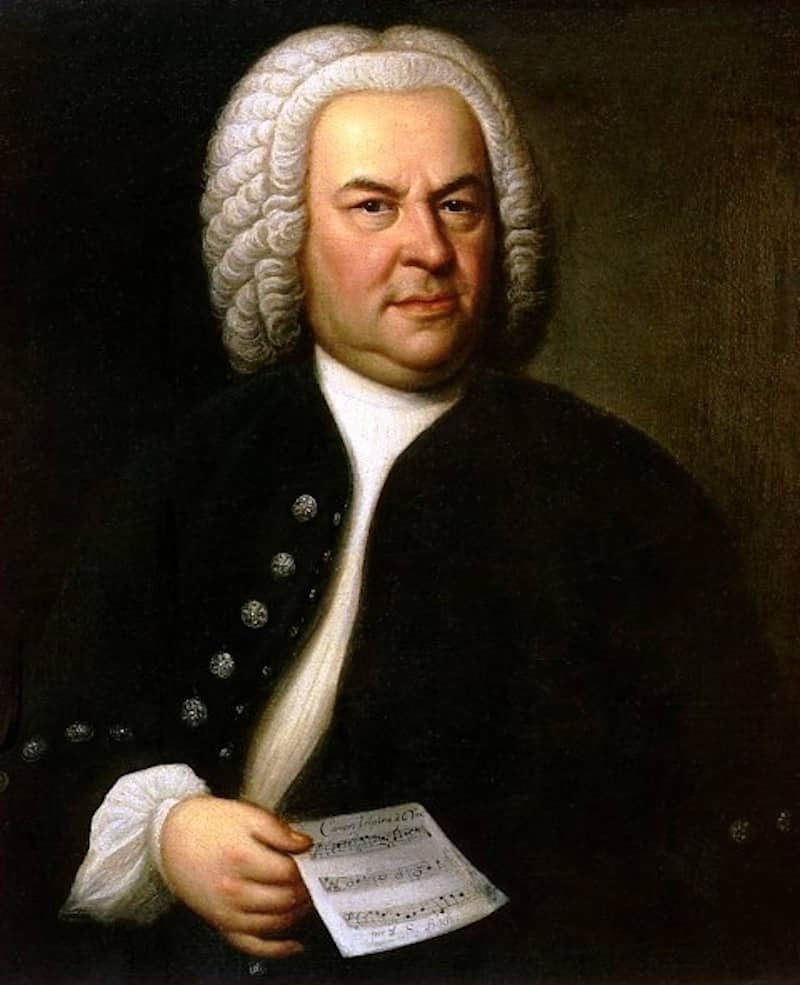
Holding the #1 spot in our list has to be none other than Johann Sebastian Bach, who is highly regarded as one of the best composers of all time.
He grew up in a musical family with parents who were composers, with many of his own children later going on to become musicians and composers too.
Throughout his career, Bach was a prolific composer, writing over 1,000 pieces of music. Many of his works went on to be the basis of harmony for music to this day.
Bach has many important pieces, but ones to check out would be his Brandenburg Concertos and his Cello Suite no. 1in G Major.
2. Wolfgang Amadeus Mozart (1756–1791)
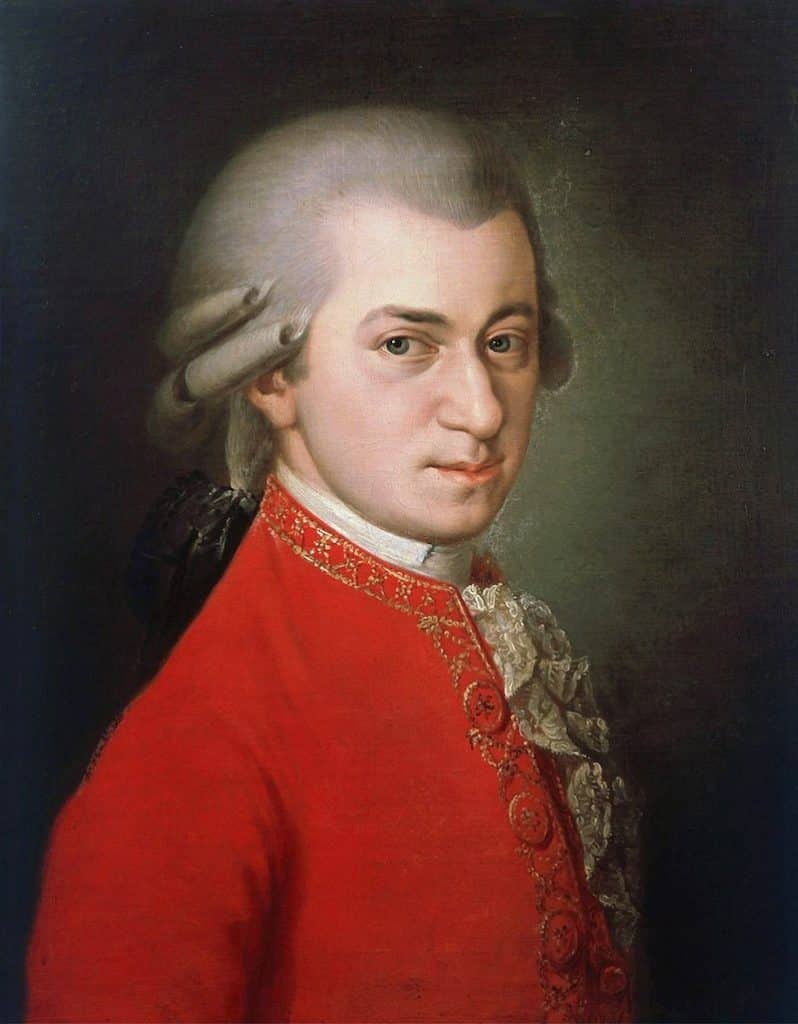
If there is one person who epitomizes the word composer, it is none other than Wolfgang Amadeus Mozart. This musical prodigy composed his first piece of music at the age of five! By the time he was eight, he had performed for royalty all across Europe.
Another prolific composer, Mozart composed over 600 works; however, it was his later compositions that cemented his place as one of the greatest composers of all time.
His operas The Marriage of Figaro and Don Giovanni are still regularly performed today, and his symphonies (he wrote over 50 of them) are some of the most popular pieces of classical music ever written.
3. Ludwig Van Beethoven (1770–1827)
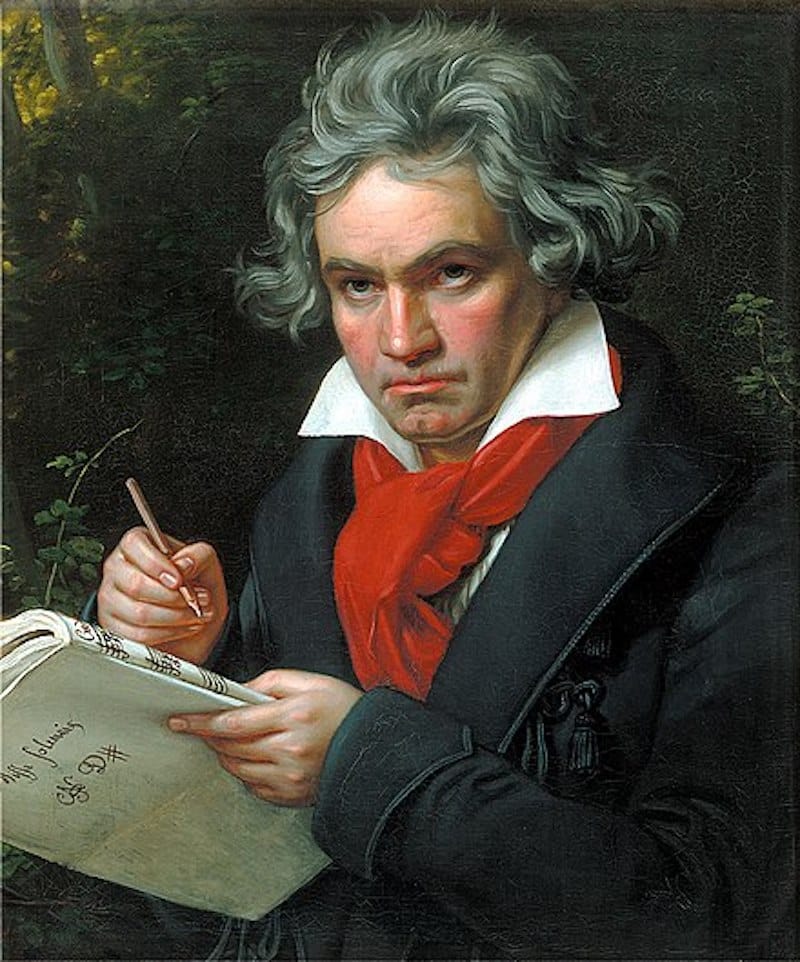
Even non-musicians will recognize the name Ludwig van Beethoven, who is widely considered one of the greatest composers in history. Like many on this list, he began his musical training at an early age.
His music, with its emotional power and technical mastery, continues to be performed and appreciated today. Some of his most loved pieces include his nine symphonies and some of his piano works, like Fur Elise and Moonlight Sonata.
Interestingly, as he aged, Beethoven lost his hearing, yet he still managed to compose. It’s said he would hold his head on the piano and feel the vibrations to “hear” the notes.
4. Joseph Haydn (1732–1809)
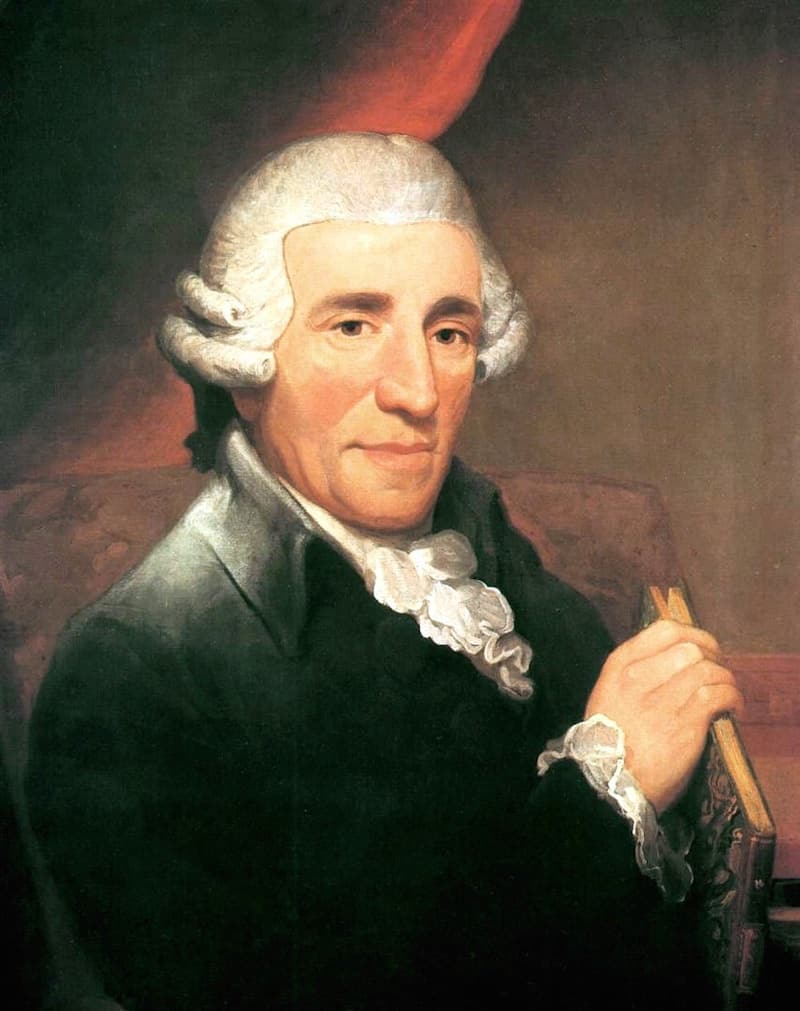
Often called the Father of the Symphony, Joseph Haydn was one of the most prolific and influential composers of the Classical era.
From a young age, he showed musical talent and was trained by his uncle, a professional musician. He later studied with top composers and, by his early 20s, had become a successful composer and performer.
He is best known for his innovative symphonies, which paved the way for the work of later composers such as Beethoven and Brahms. Some of his most popular works include his Cello Concerto no. 1, the London Symphonies, and his String Quartets, op. 64.
5. Claude Debussy (1862–1918)

We now move on to France for Claude Debussy, considered the first Impressionist composer. Also a prodigy in music, he showed great talent in playing the piano before he was even 10.
He then studied at Conservatoire de Paris under pianist Antoine François Marmontel and other notable musicians and composers of the time.
Often eschewing musical tradition, Debussy made his own way in creating more poetic melodies, thus influencing the Symbolist poetic movement of the 19th century. Prélude à l’après-midi d’un faune, Clair de lune, and Images are among his most enduring works.
6. George Frideric Handel (1685–1759)
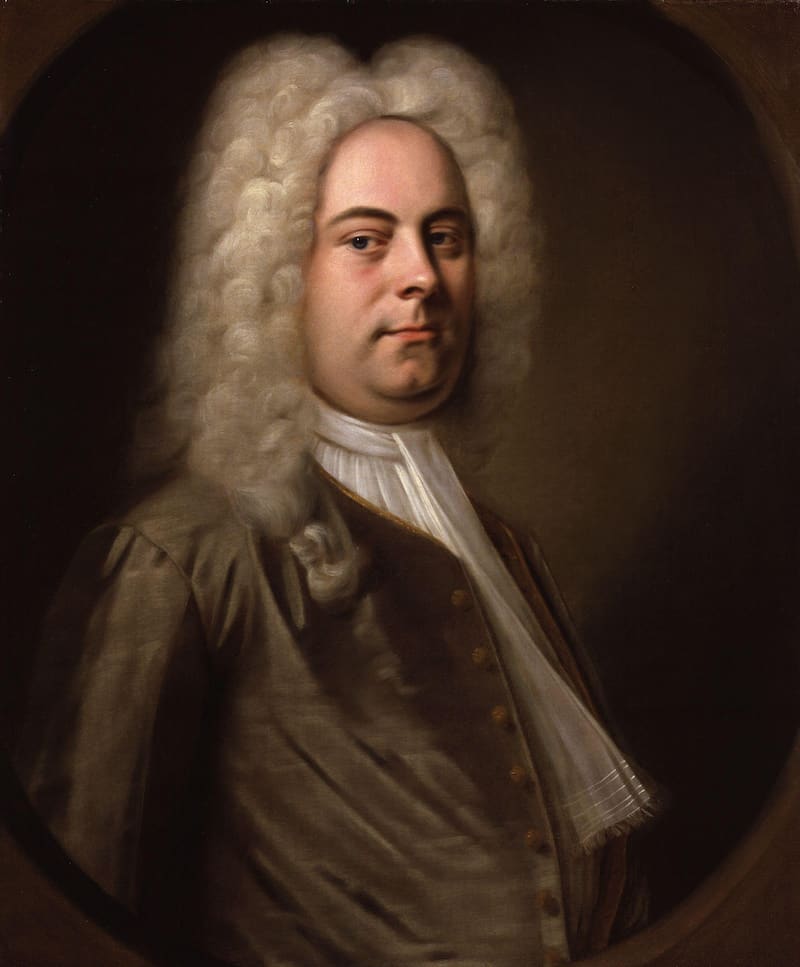
German-born English composer George Frideric Handel showed musical talent as a child. He studied under Friedrich W. Zachow and joined the opera orchestra in Hamburg before traveling through Italy from 1706 to 1710.
His time in Italy significantly influenced his music, especially his love for opera. Many of his operatic works, like Giulio Cesare, Sosarme, and Alcina, reflect traditional Italian opera styles.
As opera’s popularity declined, Handel began composing oratorios, which are considered even more dramatic than his operas. His 1741 oratorio, Messiah, is the most frequently performed, known especially for its “Hallelujah Chorus.”
7. Frédéric Chopin (1810–1849)

March 1810 in Warsaw, Poland, saw the birth of another virtuoso composer and pianist named Frédéric Chopin. Also a child prodigy, he was performing for royalty before he was 12.
Chopin moved to Paris in the 1830s, where he became a celebrated solo pianist of the Romantic period. He composed over 200 pieces for solo piano, including mazurkas, études, nocturnes, waltzes, sonatas, and instrumental ballades.
Chopin’s health began to decline before he turned 30, and he died in 1849 at the age of 39. Some of his works were published after his death, including the recommended Fantaisie-Impromptu.
8. Pyotr Ilyich Tchaikovsky (1840–1893)
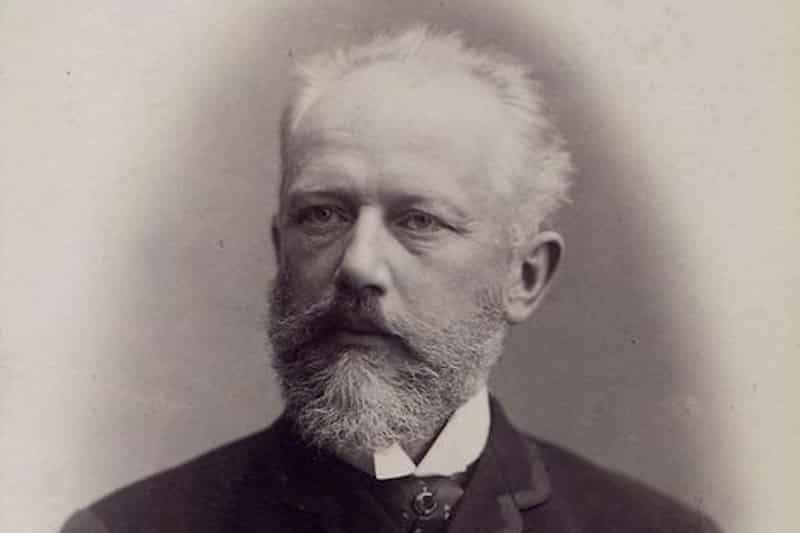
If you love ballet, then you must know the person behind the music: Pyotr Ilyich Tchaikovsky. He revolutionized ballet with the poignant and colorful orchestration we now know.
This Russian composer started young in composing music and became one of the first students to study at the St. Petersburg Conservatory.
Swan Lake was his first ballet composition, around 1875; Sleeping Beauty followed a few years later, but his greatest work is the yearly performed Christmas classic The Nutcracker.
Unfortunately, after these three ballet works, Tchaikovsky would not be able to create more. He passed away from cholera in 1893.
9. Johann Strauss II (1825–1899)
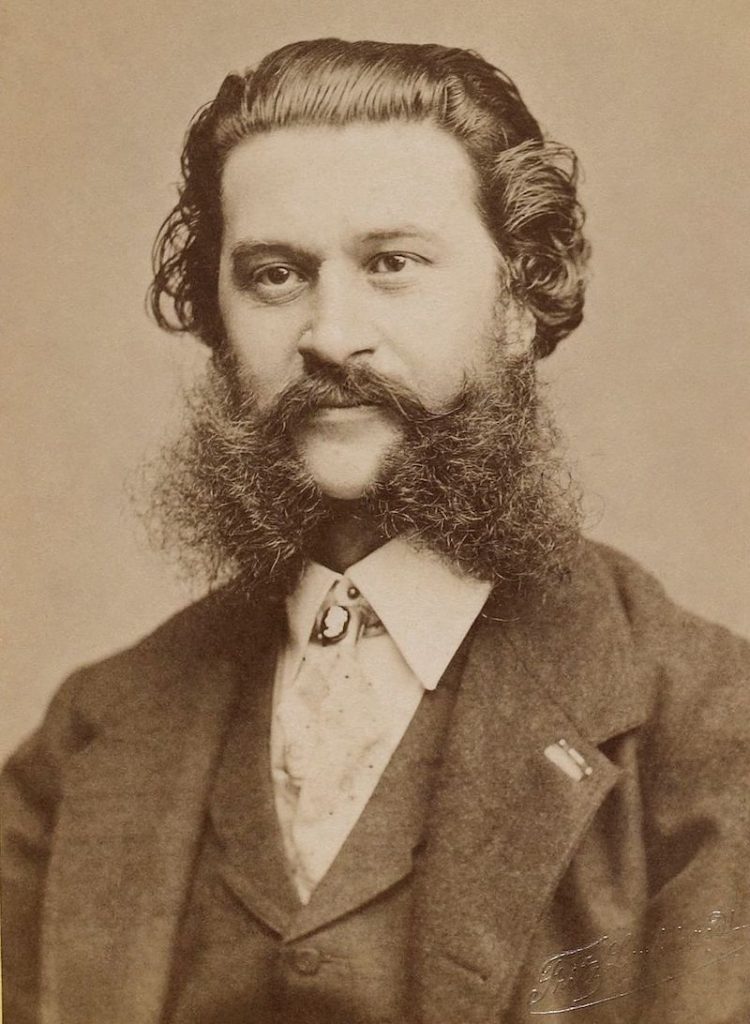
Johann Strauss Sr. never wanted his son to follow in his footsteps as a composer; he didn’t want Junior to experience the hardships of that career.
Nevertheless, Johann Strauss II defied his father and secretly studied violin with recognized composers of the time and even founded a small orchestra.
The classical music world is thankful for this defiance because, over the course of Strauss’s 73 years, he composed more than 500 waltzes, quadrilles, and other ballroom dance music.
Strauss Jr. surpassed the achievements of his dad and eventually became known as the Waltz King. His most often-played piece is “The Blue Danube.”
10. Antonio Vivaldi (1678–1741)
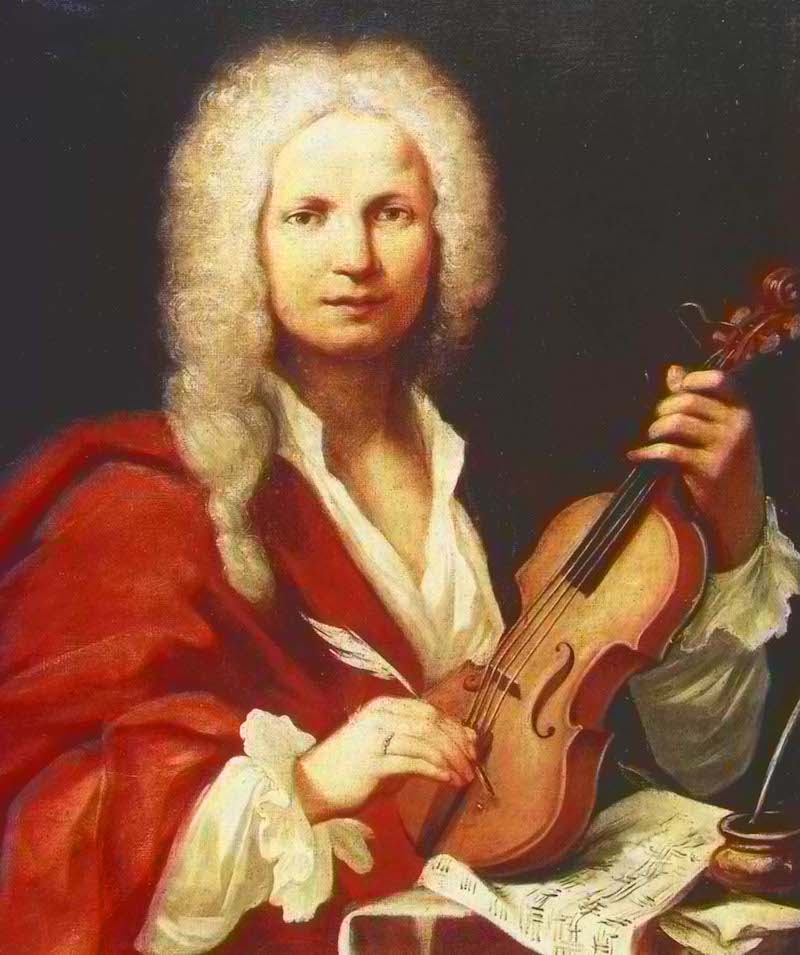
As a young boy, Italian composer Antonio Vivaldi learned violin from his father. He initially became a priest, but health issues prevented him from celebrating mass. He then focused on composing music and working as an opera impresario.
His works revolved around instrumental and sacred vocal music, and his concertos featured the fast-slow-fast movement considered classic today.
Though Vivaldi composed around 500 concertos and over 50 sacred vocal pieces, he was not as famous as his contemporaries while he was still alive. It was only in the early 20th century that he was rediscovered, and his masterpieces were revived.
11. Felix Mendelssohn (1809–1847)
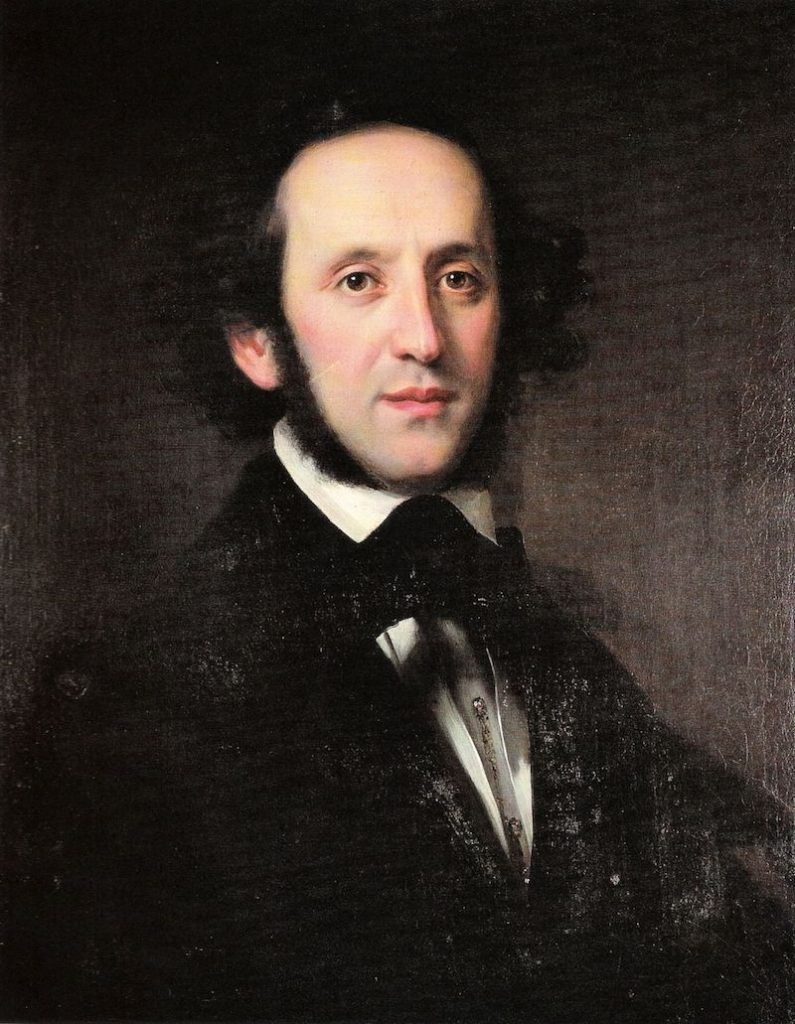
Next up, we have another celebrated Romantic-period composer. Born in 1809, Felix Mendelssohn was considered the 19th-century Mozart, and many thought he was even better.
Mendelssohn was a prolific composer; his works total over 700. Ones you might know are “A Midsummer Night’s Dream,” the Italian Symphony, and even the classic Christmas song we love to sing, “Hark! The Herald Angels Sing.”
Unfortunately, the death of his sister, Fanny (also a musician and composer), in 1847 took a toll on Mendelssohn. He passed away soon after that same year.
12. Richard Wagner (1813–1883)
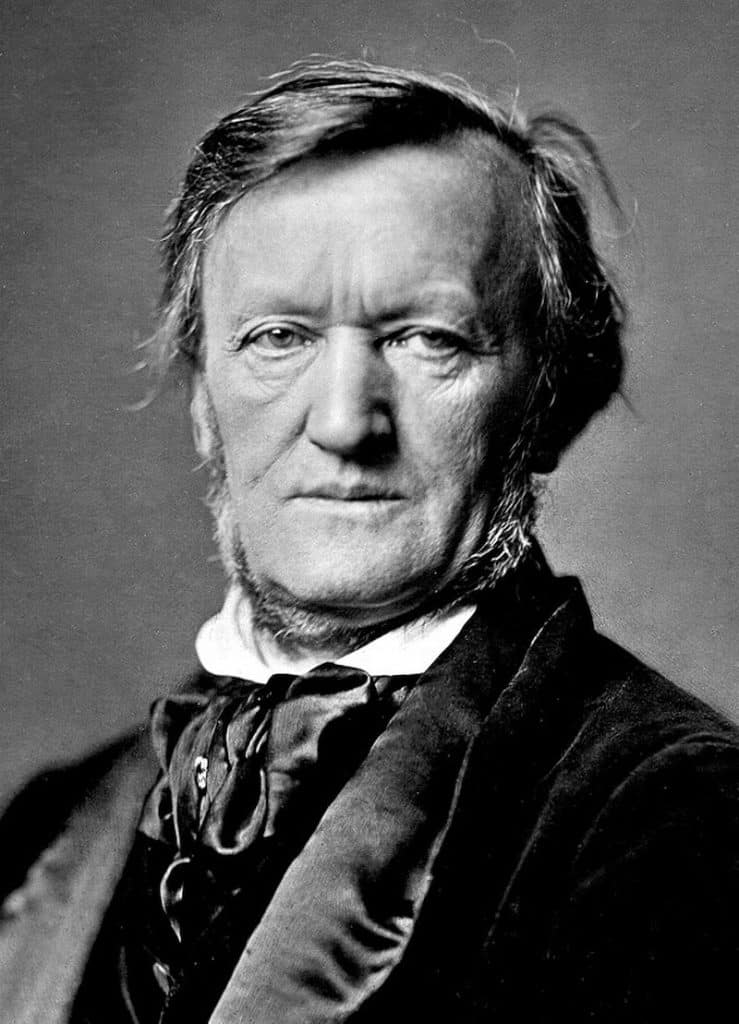
German composer Richard Wagner was a legend in musical drama, and unlike the others on this list who had tutors as children, Wagner taught himself to play the piano and composition when he was young.
The composer’s life was full of controversies. He held many anti-Semitic views and was one of Hitler’s favorite composers. Some believe his thoughts on Jews influenced Nazi thinking, and his works were played at concentration camps.
Despite this, Wagner’s music greatly influenced musicians. In his 69 years, he composed over 100 pieces, including The Flying Dutchman and the legendary Ring Cycle (Der Ring des Nibelungen), which lasts 15 hours long!
13. Christoph Willibald Gluck (1714–1787)
Opera lovers would know Christoph Willibald Gluck. He played a crucial role in the reform of the genre during the 18th century.
Gluck aimed to make opera more expressive and dramatic, focusing on the story and emotions rather than just vocal skills, like in his opera Orfeo ed Euridice, which premiered in 1762. It was a revolutionary piece, blending music, drama, and dance in a way that had never been done before.
His reforms helped shape the future of classical music and established new standards for operatic composition. By prioritizing emotion and storytelling, Gluck created works that continue to be celebrated and performed today.
Summing Up Our List Of Great Classical Composers
The sounds of old, which we now term classical music, are to our ears as honey is to our lips — it is ambrosia. The mood, emotion, and drama it evokes are on a different level from the music we usually listen to now.
However, even with the differences, its tremendous and timeless influence on music cannot be denied. The stories classical music tell have become cultural and important to our history.
And we have the men above to thank for. Without them, life certainly would have been different.
